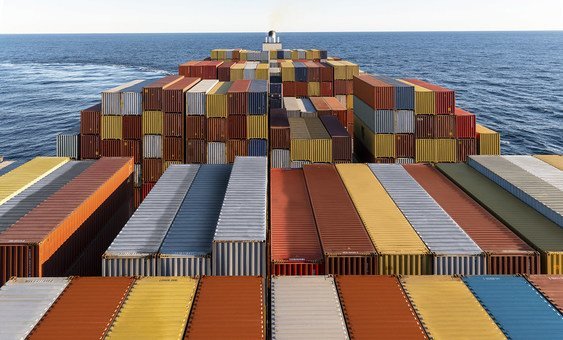“Most countries in Africa do not have the capacity or experience to deal with the distribution of unsafe products,” said Willard Mwemba, CEO of the COMESA Competition Commission, “but regional efforts can build those capacities and benefit all participating countries.”
“UNCTAD’s recommendation offers a huge potential for protecting consumers in my country and in yours, if implemented on a broad scale,” said Alexander Hoehn-Saric, chair of the US Consumer Product Safety Commission. “By working together, we can improve product safety for all our consumers.”
A key @UNCTAD meeting has renewed calls for stronger international cooperation. https://t.co/16MtHJEo54
Cross-border threat
